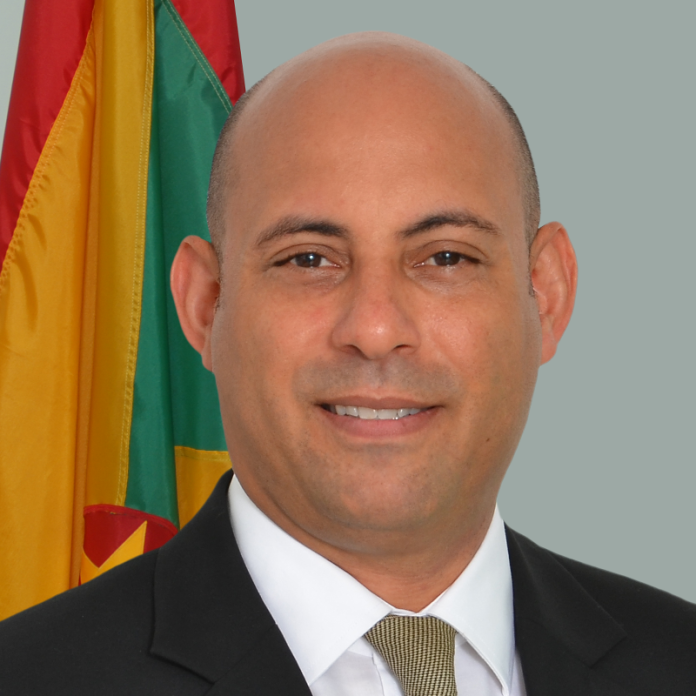UN Secretary-General António Guterres has appointed Simon Stiell as the new Executive Secretary of the United Nations Climate Change Secretariat based in Bonn, Germany.
The appointment has been endorsed by the Bureau of the UN Framework Convention on Climate Change (UNFCCC).
From March 2013 to June 2022, Simon Stiell served as a senior minister in the Government of Grenada holding the portfolios of Minister for Climate Resilience and the Environment for five years. He also served as Minister for Education and Human Resource Development, Minister of State with responsibility for Human Resource Development and the Environment, and as a junior minister within the Ministry of Agriculture, Lands, Forestry, Fisheries and the Environment.
Stiell served as member of Grenada’s Upper House of Parliament, the Senate, where he held the position of Leader of Government’s Business throughout this period.
Prior to his return to Grenada, Simon Stiell had a successful career spanning fourteen years within the technology sector, holding senior executive positions in a number of industry leading companies, from Silicon Valley based technology start-ups, to major corporations including Nokia and GEC.
He originally trained as an engineer and holds a Master of Business Administration from the University of Westminster in the United Kingdom.
With 197 Parties, the United Nations Framework Convention on Climate Change (UNFCCC) has near universal membership and is the parent treaty of the 2015 Paris Climate Change Agreement. The main aim of the Paris Agreement is to keep a global average temperature rise this century well below 2 degrees Celsius and to drive efforts to limit the temperature increase even further to 1.5 degrees Celsius above pre-industrial levels.
The UNFCCC is also the parent treaty of the 1997 Kyoto Protocol. The ultimate objective of all agreements under the UNFCCC is to stabilise greenhouse gas concentrations in the atmosphere at a level that will prevent dangerous human interference with the climate system, in a time frame which allows ecosystems to adapt naturally and enables sustainable development.
SOURCE: UNFCCC/PACNEWS













